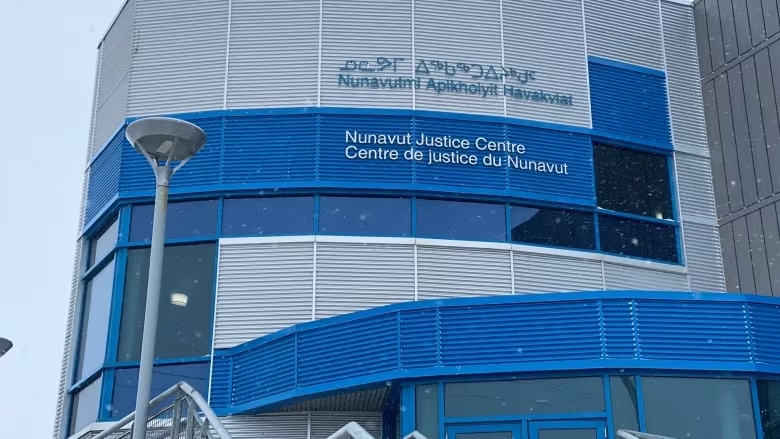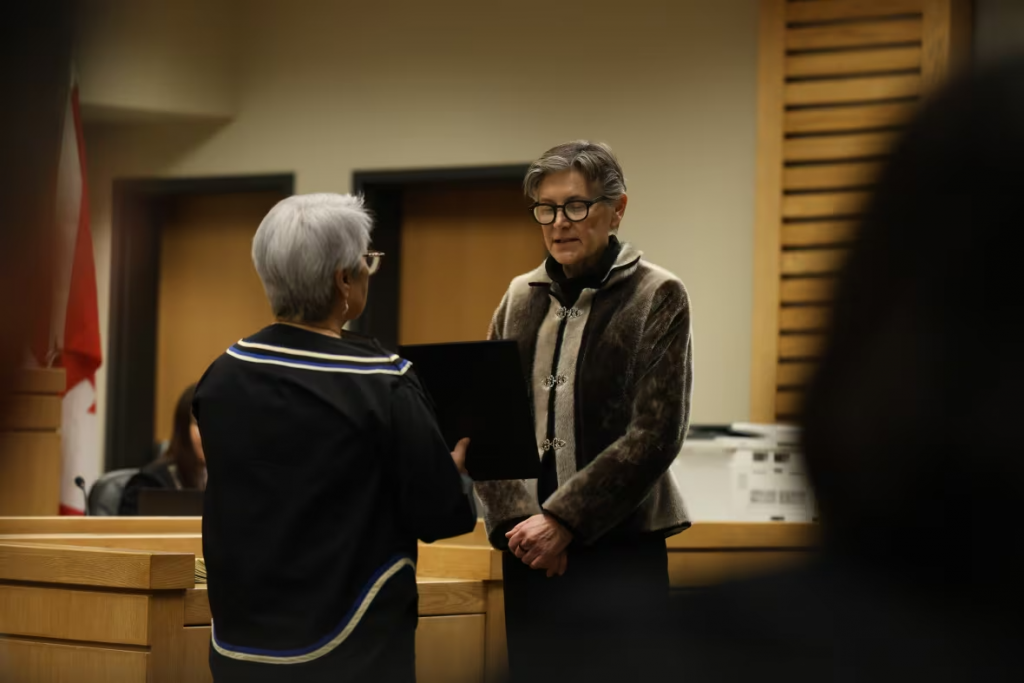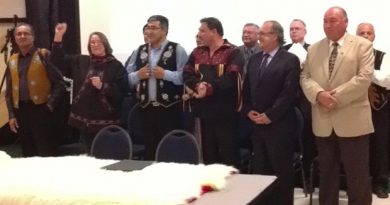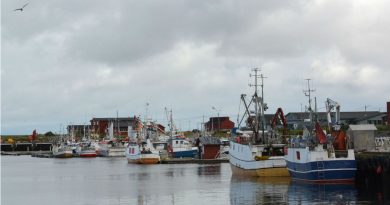Number of justices of the peace declining in Nunavut

Territory’s new chief justice says recruitment, training of justices of the peace is priority for her
The number of justices of the peace (JPs) in Nunavut has gone down by 40 per cent since 2016, according to numbers from the territory’s justice department.
JPs are judicial officers who issue warrants, and regularly conduct first appearance and bail hearings, among other matters.
There are currently 31 JPs in the territory, down from 51 in 2016. The number of Nunavut communities with a JP has also decreased in that time, from 22 to 17.
Iqaluit-based civil lawyer Anne Crawford says JPs hold crucial local knowledge specific to their communities, and fewer JPs mean more delays in the court system.
“We see the impacts in terms of not being able to resolve situations of domestic violence because things circle round and round … and people are released again and again,” she said.
Over time, those situations can worsen, she said, and eventually people begin to lose faith in the judicial process.

“Many times women don’t want to end up in a big formal court, making witness statements and dealing with Crown prosecutors. So it really hampers community resolution.”
The Nunavut Court of Justice serves both the superior and territorial court for the territory, meaning it’s a unitary court system.
Crawford believes that’s allowed the Nunavut government to disengage with policies to do with the justice system, including with JPs.
In written statements to CBC News, the justice department says it doesn’t have definitive information behind the decline in JPs, but it will continue to monitor the situation.

“The Nunavut Court has always relied heavily on the contributions of its community justices of the peace to deliver justice in Nunavut. It plans to continue to do so,” the statement reads.
“Having a thriving community JP program is key to the proper administration of justice in Nunavut.”
Recruiting JPs a priority, says new chief justice
Nunavut’s new chief justice, Susan Cooper, was officially sworn in on Friday, after being appointed by the prime minister late last year.
She has said that community engagement would be a priority for her in her new role, and in particular the recruitment and training of community justices of the peace in all three Nunavut regions.
She has also recently taken on the role as chair of the independent justices of the peace appointment committee.
Crawford believes the focus has to be on appointments among Inuit, and in communities outside of Iqaluit.
“We need basic decisions [to] be made by people who know the community, who know families, and who understand what’s going on,” Crawford said.
Related stories from around the North:
Canada: Justice system in northern Quebec straining at the seams and devastating victims, say Crown, Eye on the Arctic
Finland: Police response times up to an hour slower in Arctic Finland, Yle News
United States: Violence Against Women bill would expand power of up to 30 Alaska tribal courts, Alaska Public Media


